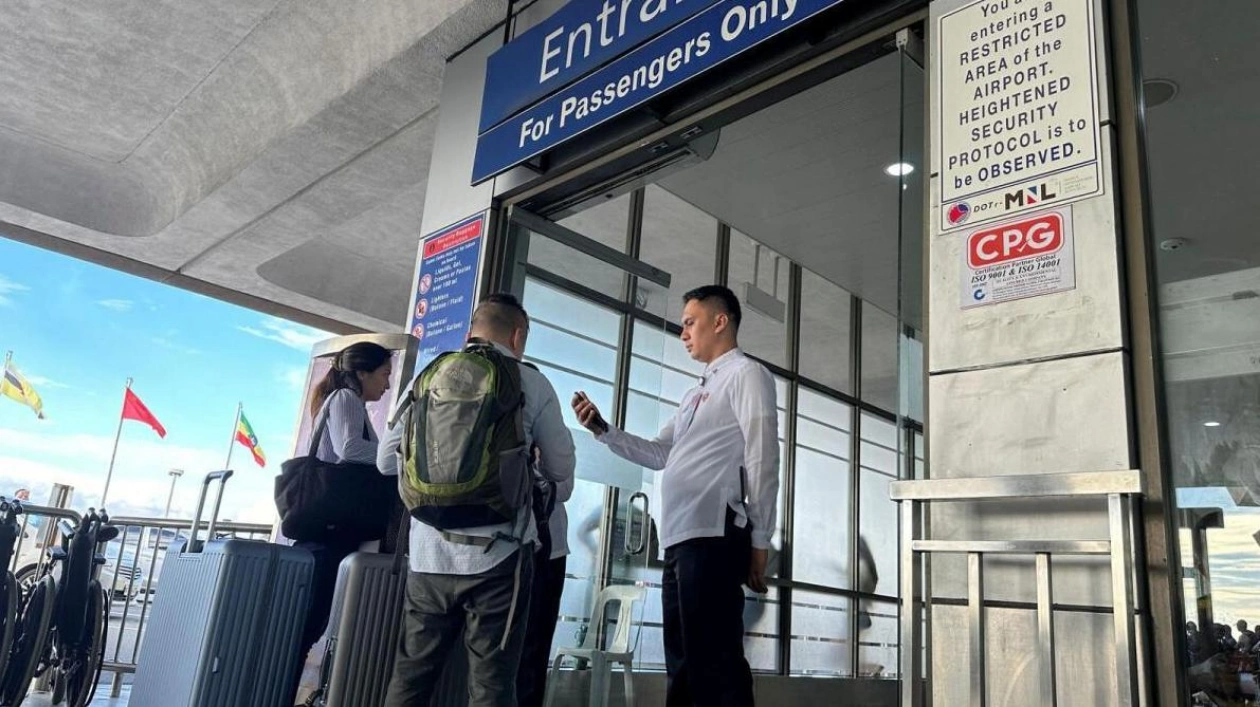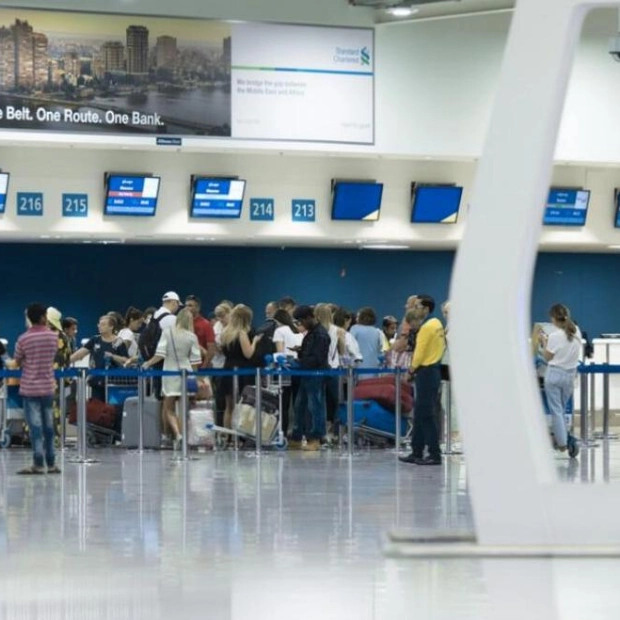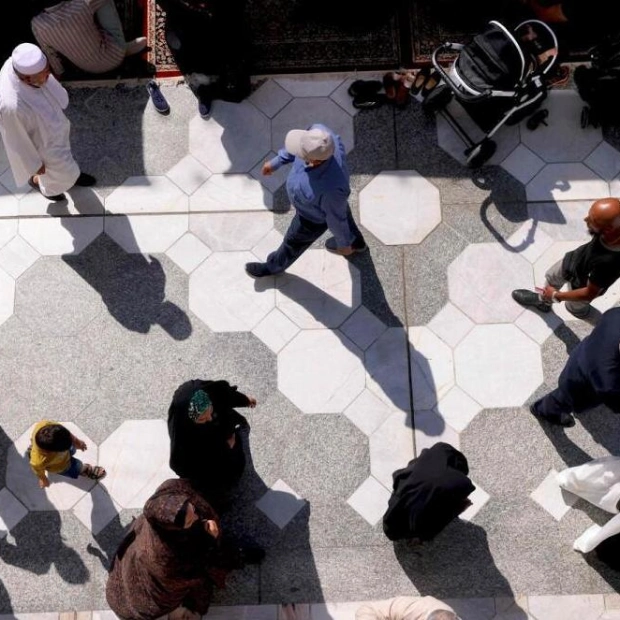All travelers, including OFWs (Overseas Filipino Workers), tourists, and foreigners, arriving in and departing from the Philippines must now declare if they have exhibited symptoms such as 'rashes, vesicles, or blisters' within the last 30 days before their travel. This declaration is part of the country's enhanced surveillance against mpox (formerly known as monkeypox). This new requirement is incorporated into the updated e-travel form that passengers must complete online. It is part of the data collection for travelers entering and leaving the Philippines, which is used for border control, health surveillance, and economic data analysis.
The Philippine Department of Health (DOH) announced on Thursday that this additional measure is intended to 'prevent the entry of additional mpox cases from abroad, particularly clade 1b'. There has been a minor but significant change in the screening questions of the DOH Bureau of Quarantine (BOQ) asked of travelers as part of the electronic travel form. If a traveler answers 'yes' to having been sick in the past 30 days, the drop-down list will now include the option 'rashes, vesicles, or blisters'. The Philippine health ministry emphasized the importance of travelers being truthful in answering this question.
The DOH stated that if a traveler is identified as coming from a country with an mpox outbreak, has a history of exposure to mpox cases, or shows signs and symptoms of the disease, the etravel.gov.ph system will alert the Bureau of Immigration and the DOH-BOQ. The traveler will then undergo a second screening and, if deemed a suspected case, will be transferred to an mpox referral hospital.
On Wednesday, the Philippine health ministry reported two new mpox cases, bringing the total number of active cases to five. Since July 2022, the country has recorded a total of 14 mpox cases, of which nine have fully recovered since 2023. Health officials noted that common symptoms of mpox include a skin rash or mucosal lesions, which can last from two to four weeks, accompanied by fever, headache, muscle aches, back pain, low energy, and swollen lymph nodes. Mpox has been a public health issue in parts of Africa since 1970 but gained global attention in 2022 when it surged internationally, prompting the World Health Organisation (WHO) to declare a global health emergency. That declaration ended 10 months later. However, a new strain of the virus, known as clade 1b, has again captured global attention after the WHO declared a new health emergency.






